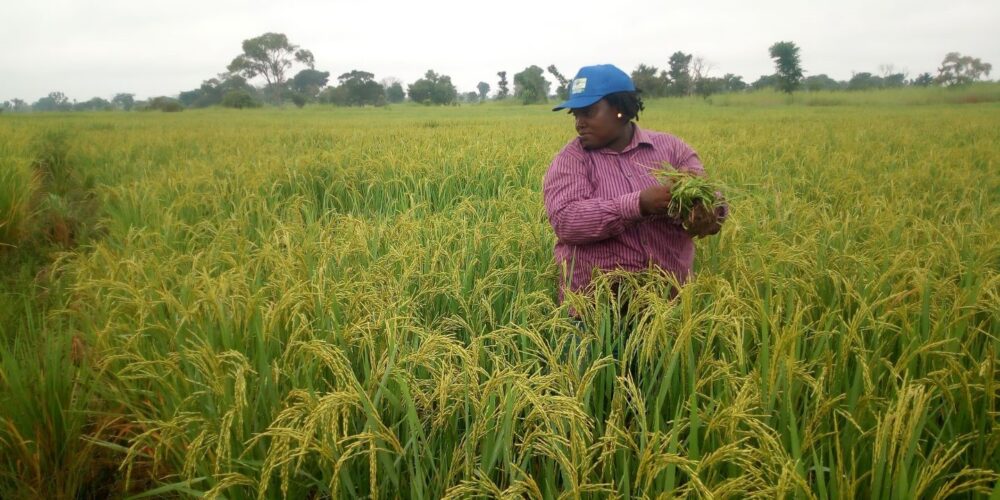Globally, over 73 million young people are unemployed, with the issue most pronounced in rural areas of developing countries, particularly Africa. Annually, while 12 million youths enter the labour market, only 3 million jobs are created. As of 2020, one in five young people in Africa were neither working, studying, nor training.
Producing nutritious food is increasingly difficult amid challenges like climate change, environmental degradation, and rising populations. The International Fund for Agricultural Development (IFAD) facilitates a green transition in this context. The agricultural sector, which employs over a quarter of the global workforce and is projected to value US$1 trillion in Africa by 2030, offers a sustainable development pathway through initiatives like the Integrated Agribusiness Hubs programme. This programme aims to connect young people to rural economies, helping them establish agribusinesses focused on sustainable practices.
In Nigeria, individuals like Tomilayo Hamzat are benefiting from the Agrihub initiative. Tomilayo trained in hydroponic farming at the Soilless Farm Lab, inspiring her to pursue a career in innovative agricultural methods. The programme also provides participants the necessary tools, financial services, and mentorship to start their own businesses.
Similarly, in Cameroon, the Family Green Corp has created an agribusiness hub co-financed by BMZ and Visa Foundation. This hub trains young people like Lionel Patrick Ateba, who joined the hub after struggling to find work post-graduation and now contributes to producing bio-fertilizers and ecological charcoal. These products not only provide employment but also help reduce environmental impact.
As climate challenges persist, the need for investments in green transitions that offer sustainable employment and help build resilient rural economies is clear. IFAD’s Agrihubs are pivotal in addressing these multifaceted issues, demonstrating that investing in youth can spur economic growth, enhance food security, and promote environmental sustainability.
Read the full article: IFAD’s Website.

